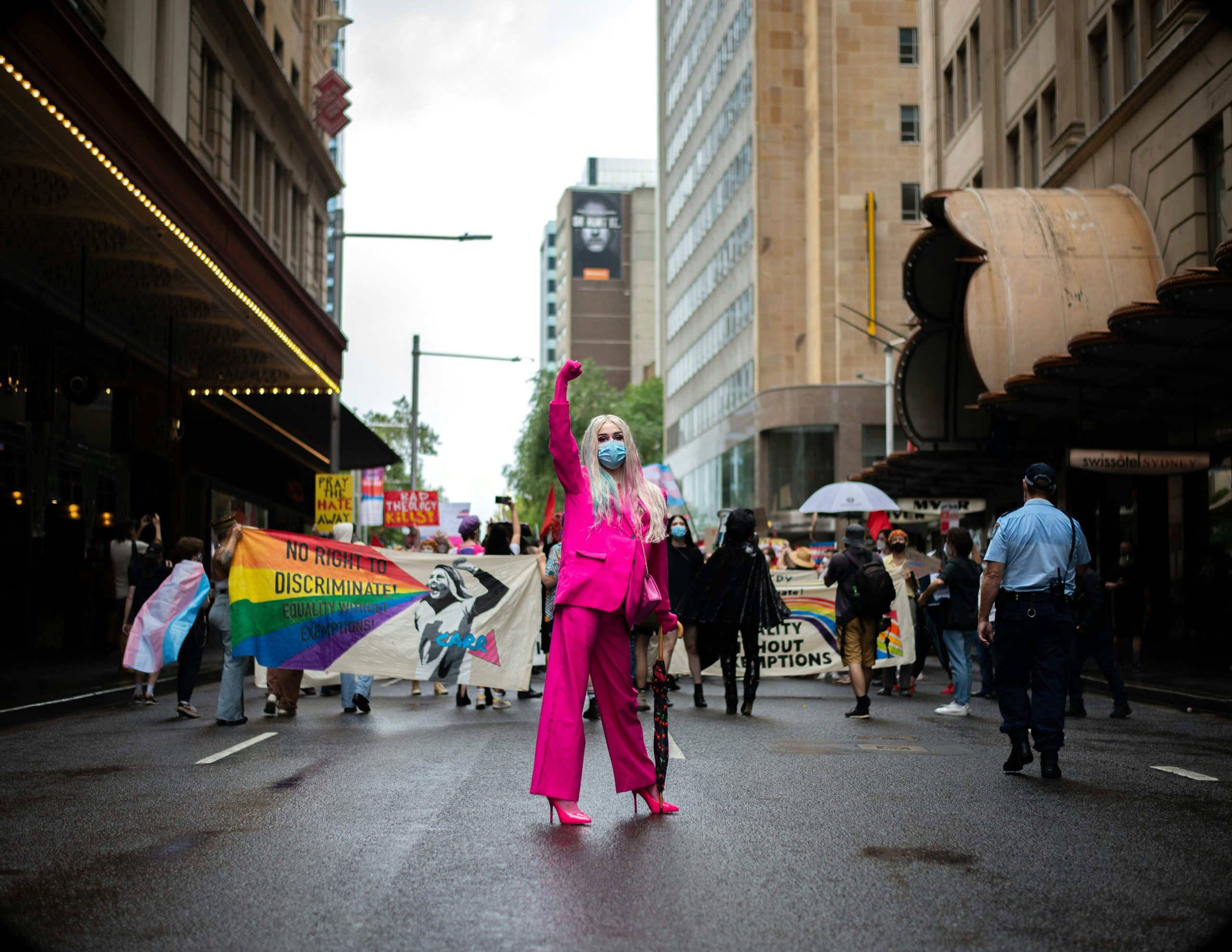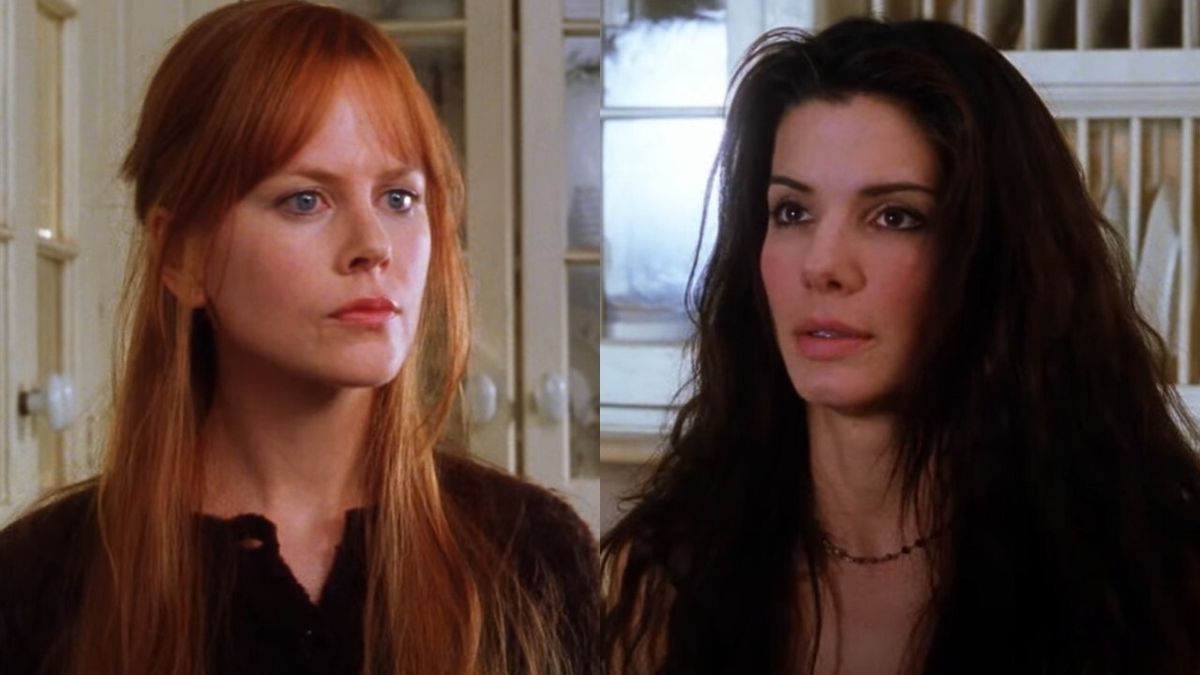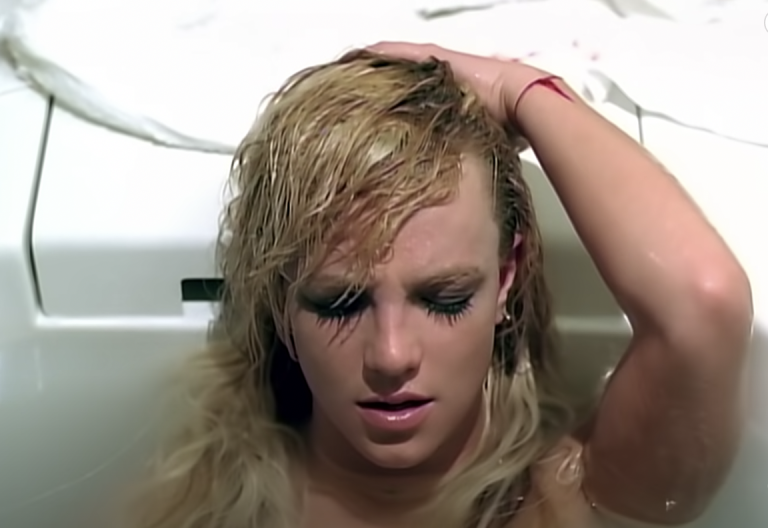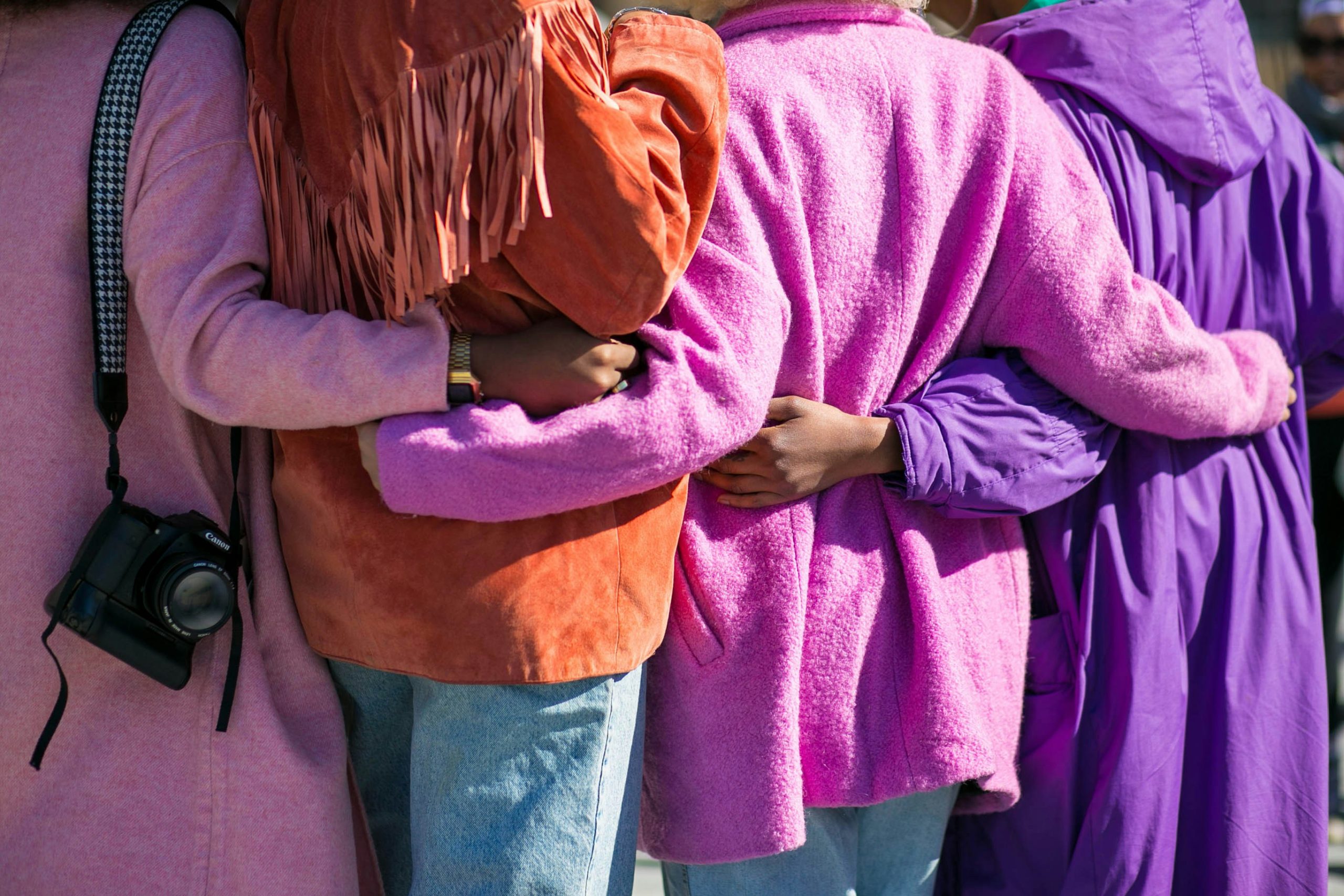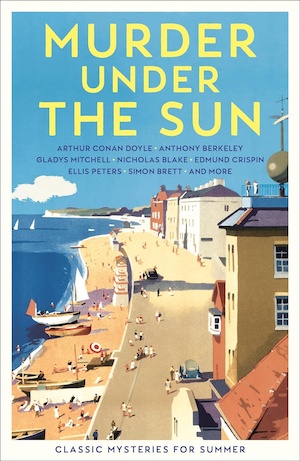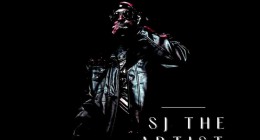When I created Weird Sister, a blog dedicated to exploring the intersections of feminism, literature, and pop culture, in 2014, I was craving a space where feminist poets and other writers could comment on the literary and pop culture that excited us, made us mad, and everything in between—and where these conversations could grow and build upon one another. This past February, Feminist Press published an anthology of writing from Weird Sister, The Weird Sister Collection, taking writing from the blog and moving it into print for posterity, where it will rest on a shelf IRL for future readers to engage with in new ways. “Feminist anthologies make it possible to ensure knowledge is not lost,” as Becca Klaver, a feminist literature scholar and Weird Sister contributor puts it. “It gives us something to pass along that the next generation can hold in their hands.”
As Klaver points to, anthologies are the books we so often turn to to familiarize ourselves with schools of thought, canons, catalogs of work; in short to learn our literary and political history. Anthologies do the vital work of centering marginalized perspectives left out of the mainstream; they document a moment in time and also move the conversation forward. For example, the now canonical collection This Bridge Called My Back began with a call for submissions that focused on critiquing white women’s racism within feminist movements in the late 1970s and early ’80s, but developed into a more profound project focused on radical women of color’s perspectives and voices—an urgent intervention, the results of which are still felt in social movements today.
Anthologies turn what would otherwise be a disparate array of texts—scannable online or in the hard drives or notebooks or books or inside the brains of various writers—and pull them all together in one cohesive, easily digestible bite. While I was putting together The Weird Sister Collection, I kept returning to a trusty stack of feminist anthologies from my own library for guidance—on what, and how, and why, to assemble this next anthology. They remind me of all the many feminist literary legacies that have paved the way for writers today, and those that are yet to come. Here’s my love letter to those books.
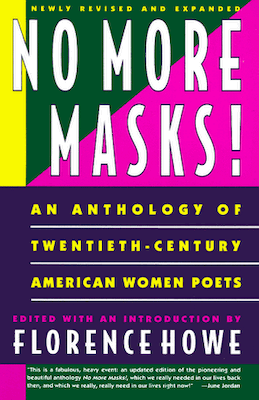
No More Masks: An Anthology of Poems by Women, edited by Florence Howe and Ellen Bass
During the women’s liberation movement of the 1970s, feminist anthologies proliferated as part of the Women in Print movement. The first anthology to focus exclusively on poetry by women, this collection of writing spanning 75 years addresses themes particular to women’s lives, tapping into the second wave ethos of the personal as political. No More Masks includes work by 87 poets such as Gertrude Stein, Gwendolyn Brooks, June Jordan, and Judy Grahn.
This Bridge Called My Back: Writings by Radical Women of Color, edited by Gloria Anzaldúa and Cherríe Moraga
This hallmark anthology moved the margin to the center, interjecting the voices and priorities of women of color into a feminist movement that all too often focused on middle class, straight, white women’s experiences. Bringing an intersectional feminist lens to topics spanning history, class, homophobia, spirituality, and language, This Bridge gathers personal essays, criticism, interviews, poetry and more from iconic feminist writers including Pat Parker, The Combahee River Collective, Audre Lorde, Cheryl Clarke, Norma Alarcón, and many others.
To Be Real: Telling the Truth and Changing the Face of Feminism, edited by Rebecca Walker
Coining the term “third wave feminism” in a 1992 piece for Ms. that responded to Anita Hill’s testimony against Clarence Thomas, Rebecca Walker famously wrote, “I am not a postfeminism feminist. I am the Third Wave.” To Be Real expands on this notion of a new wave of feminist activism in the 1990s, engaging with the issues that mattered most to young people in this era. The book gathers essays on topics like sexuality, marriage, motherhood, work, and pop culture from writers including bell hooks and Veronica Webb, all sandwiched between a foreword from Gloria Steinem and an afterword by Audre Lorde—feminist pioneers handing the reins over to the next generation.
Colonize This! Young Women of Color on Today’s Feminism, edited by Daisy Hernández and Bushra Rehman
“Like many other women of color,” the editors write in the introduction to Colonize This!, “the two of us first learned the language of feminism in college through a white, middle-class perspective, one form of colonization.” This critical third wave feminist text explores crucial topics like sexual harassment, mental illness, the AIDS crisis, and Islamophobia in post-9/11 America through a lens that centers family and community, redefining women-of-color feminisms for a new era.

Gurlesque: the new grrly, grotesque, burlesque poetics, edited by Arielle Greenberg and Lara Glenum
In the introduction to their 2000 book Manifesta: Young Women, Feminism, and the Future, Jennifer Baumgardner and Amy Richards describe an iteration of third wave feminism that they called “Girlie:” “If feminism aims to create a world where our standard of measurement doesn’t start with a white-male heterosexual nucleus, then believing that feminine things are weak means that we’re believing our own bad press.” Gurlesque taps into this ethos, collecting poetry by women and femme writers including Cathy Park Hong, Ariana Reines, Dorothea Lasky, and Weird Sister contributor Geraldine Kim that embrace femininity and the grotesque in all their complexity. Keep an eye out for the second expanded edition, Electric Gurlesque, coming later this year from Saturnalia.
Troubling the Line: Trans and Genderqueer Poetry & Poetics, edited by Trace Peterson and TC Tolbert
The first anthology of its kind, Troubling the Line brings together the work of 55 trans and genderqueer poets spanning styles and subject matter. Trace Peterson writes in the book’s introduction, “we are interested in helping make more widely available in poetry different kinds of inbetweenness in relation to gender identification.” Troubling the Line does the vital work of documenting a trans poetic lineage, collecting poems by Dawn Lundy Martin, Eileen Myles, Ahimsa Timoteo Bodrán, Stephanie Burt, Weird Sister contributor Zoe Tuck, and many others, along with a poetics statement from each contributor. (Check out Peterson’s incredible “pre-narrative” exploration of kari edwards, her mentor and one of the poets featured in Troubling the Line, in The Weird Sister Collection.)
The Crunk Feminist Collection, edited by Brittney C. Cooper, et al.
Cooper, Morris, and Boylorn started the Crunk Feminist Collective blog in 2010 because “their academic day jobs were lacking in conversations they actually wanted to have—relevant, real conversations about how race and gender politics intersect with pop culture and current events.” Throughout the heyday of the feminist blogosphere, Crunk’s members were trailblazers in pushing journalism, academia, and the world at large to bring a thoughtful, intersectional, hip hop-feminism influenced lens to topics ranging from music, TV, and books, to state-sanctioned violence, reproductive justice, and beyond. This anthology archives some of the blog’s most crucial work into one essential volume.
The Breakbeat Poets Volume 2: Black Girl Magic, edited by Idrissa Simmonds, et al.
Collecting the work of Syreeta McFadden, Angel Nafis, Aja Monet, Noname, Weird Sister contributors Morgan Parker and Naomi Extra, and many others, this anthology is a powerful exploration of the worlds and words of Black women. As Patricia Smith writers in her foreword, “It’s page upon page upon page of stanza as incantation—crafted not to make black girls’ lives less impenetrable and lyrically palatable for the curious, but to revel in the chilling power of our weaponry.”
We Want It All: An Anthology of Radical Trans Poetics, edited by Andrea Abi-Karam and Kay Gabriel
This anthology of radical trans poetics demands “nothing other than a world in which everything belongs to everyone.” A weighty, hot-pink tome featuring genre-pushing, urgent writing, We Want It All includes emerging voices alongside historically important figures like Leslie Feinberg and Sylvia Rivera, collecting poems that connect aesthetic experimentation, political activism and the material realities of contemporary trans life.

